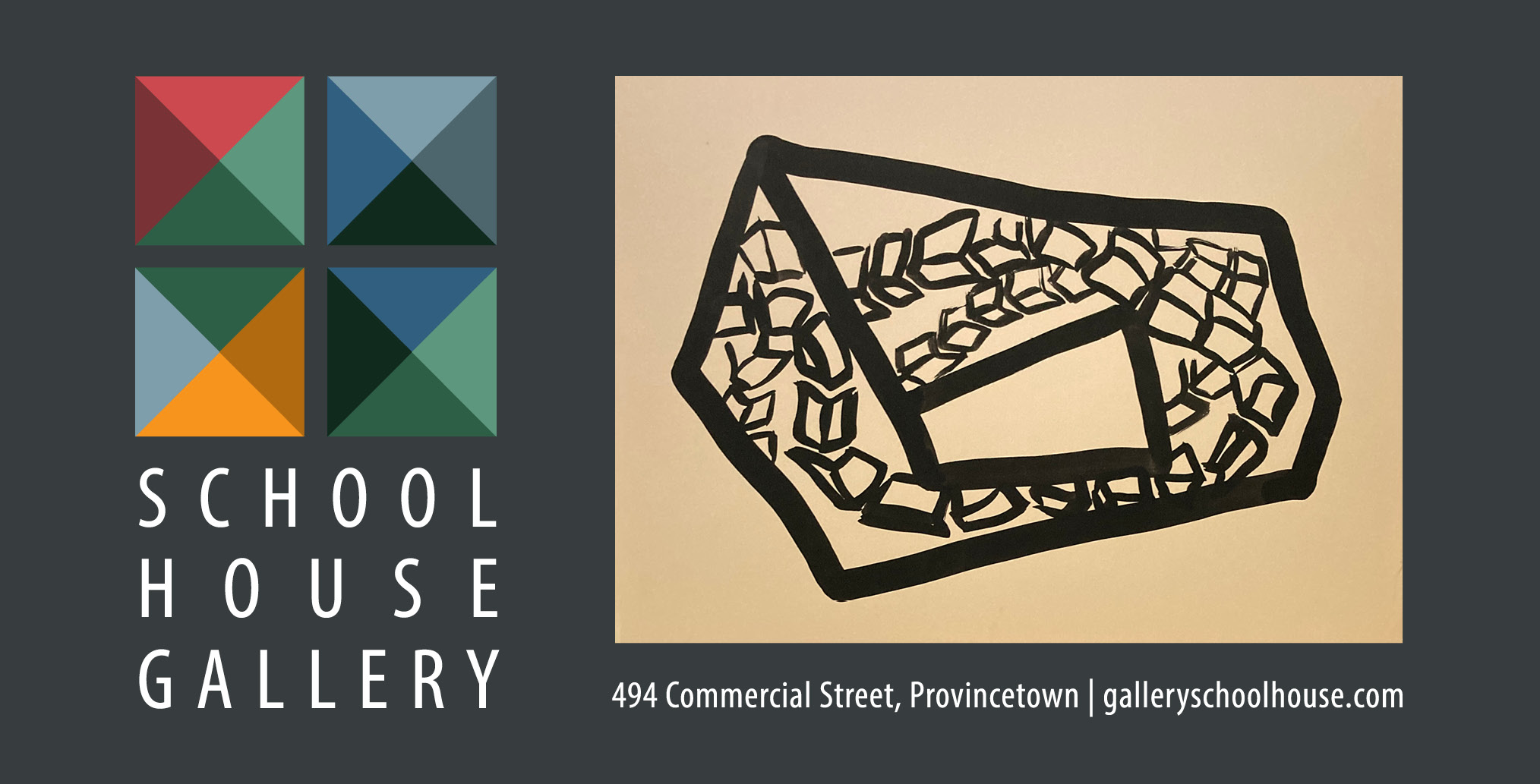Ponder the improbability of it all. Instead of barren rock, lifeless water, and gaping nothingness, there is a planetary ecosystem teeming with a nearly incomprehensible number of protean life forms, including our own multifaceted species that possesses enough intelligence to apprehend some of the fundamental laws of the natural world we inhabit and, to a degree, to understand ourselves as we confront the awareness of our mortality.
Biologists warn us, however, that we are mistaken if we think we represent the apex of creation — that all evolutionary pathways have led with some kind of purpose to the development of our species. Shaped by genetic chance and environmental contingency, we are an unplanned consequence of the forces of natural selection. As every attentive student of Darwin comes to understand, there is no master blueprint for any species, including Homo sapiens.
It is not surprising that we consider ourselves pre-eminent among the creatures on planet Earth. Because we rule the world as if it is our domain, our imprint on Earth has been and may continue to be lamentably heavy-footed. We demonstrate time and again that we do not fully comprehend the unity of life or our relationship to it. We are not the pinnacle of creation but one part of a large system, and we may, in fact, prove to be a short-lived part.
In The Outermost House, his account of living in a cottage on Eastham’s Nauset Beach, Henry Beston aptly describes what some refer to as “the human condition” and others as “the human predicament.” He observes that we, like all the sentient creatures on our planet, are caught “in the net of life and time, fellow prisoners of the splendor and travail of the earth.”
What would be lost with humanity’s extinction? When I consider the question in personal terms, the answer is very little. No individual is a necessary component of Earth’s order, and neither is any one species. Day and night would continue to alternate on the plains of Eastham as the Earth continued to orbit the Sun. The Moon would continue to pull on the waters and expose the bay’s sand flats twice every 24 hours and 50 minutes. The cod population would rebound, and much of the rest of Earth’s fauna would flourish, not having to coexist with human beings. The flora of the world would awaken anew each spring — cordgrass in the marsh, red cedar in the swamp, beach plums near the ocean’s margins, bearberry in the moors, the oaks in the forest — coming to life in all their splendor. The loss of Homo sapiens would be significant, but the loss would be ours and ours alone.
Our species, with its versatile body governed by a uniquely creative executive brain, is a marvel. It is a domain of grand proportions: 30 trillion cells! Self-regulating physiological functioning, instincts that extemporaneously keep us on track, habits that channel our abundant energy, a copious repertoire of generative skills, widely adaptable mobility, and a mental acuity that is lightning quick — these attributes have molded us into a creature who makes things, makes art, and makes meaning, however provisional or illusory.
That said, I must acknowledge that when it comes to my character and personality and the various versions of self that I have cobbled together over the course of a lifetime — what I think of now as off-the-cuff improvisations for the parts I have played with bravado and unmerited confidence — all of that, truth be told, is a rather ramshackle affair. As we think about what ails our planet, our negligence, and what we should do about it, none of us should claim otherwise.
Andrew Hay lives in Eastham.



